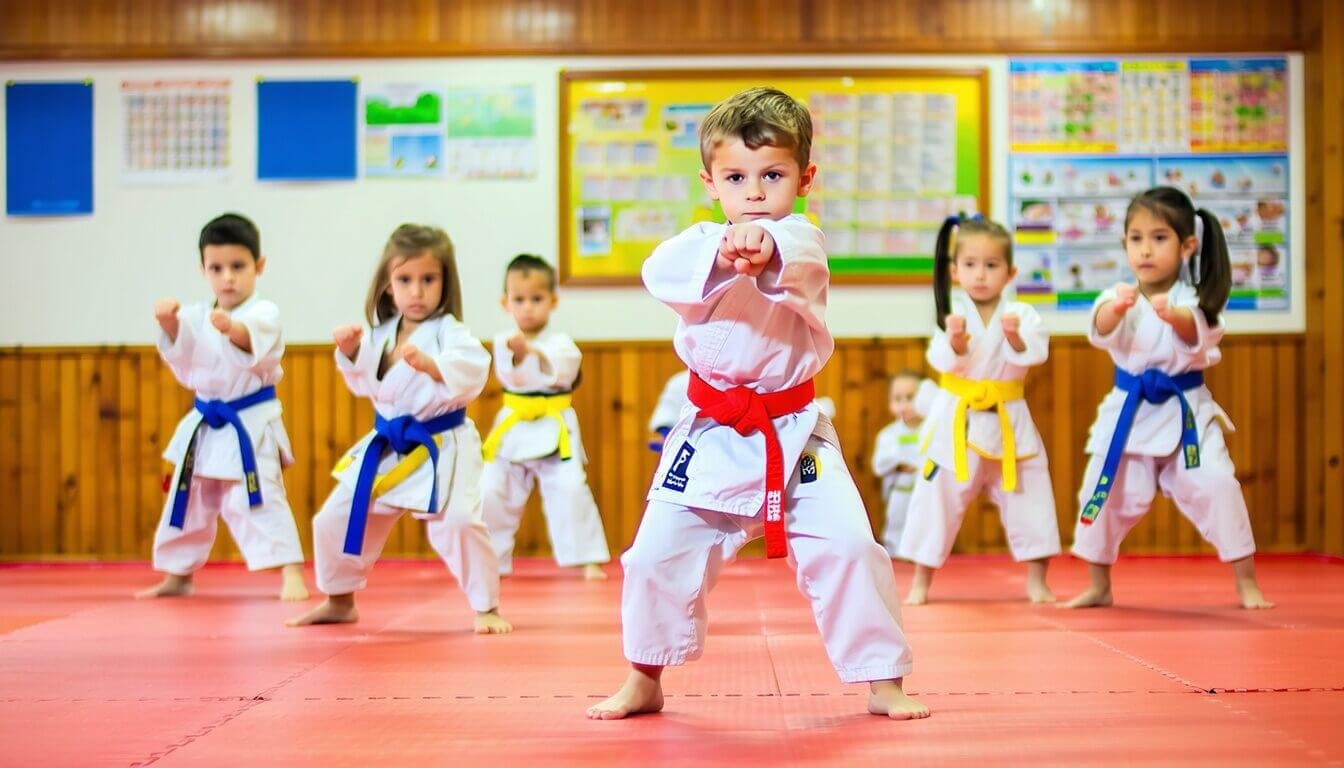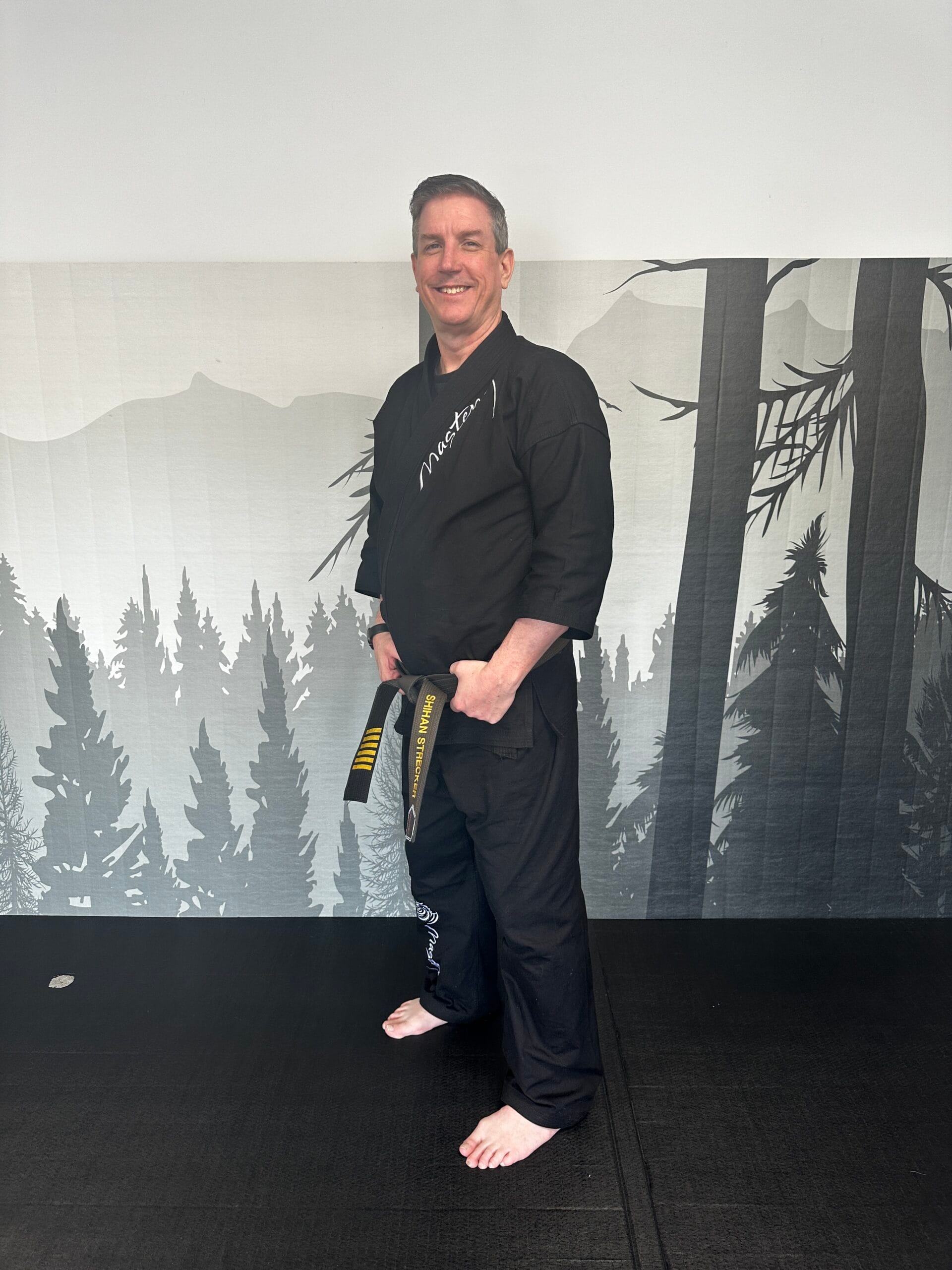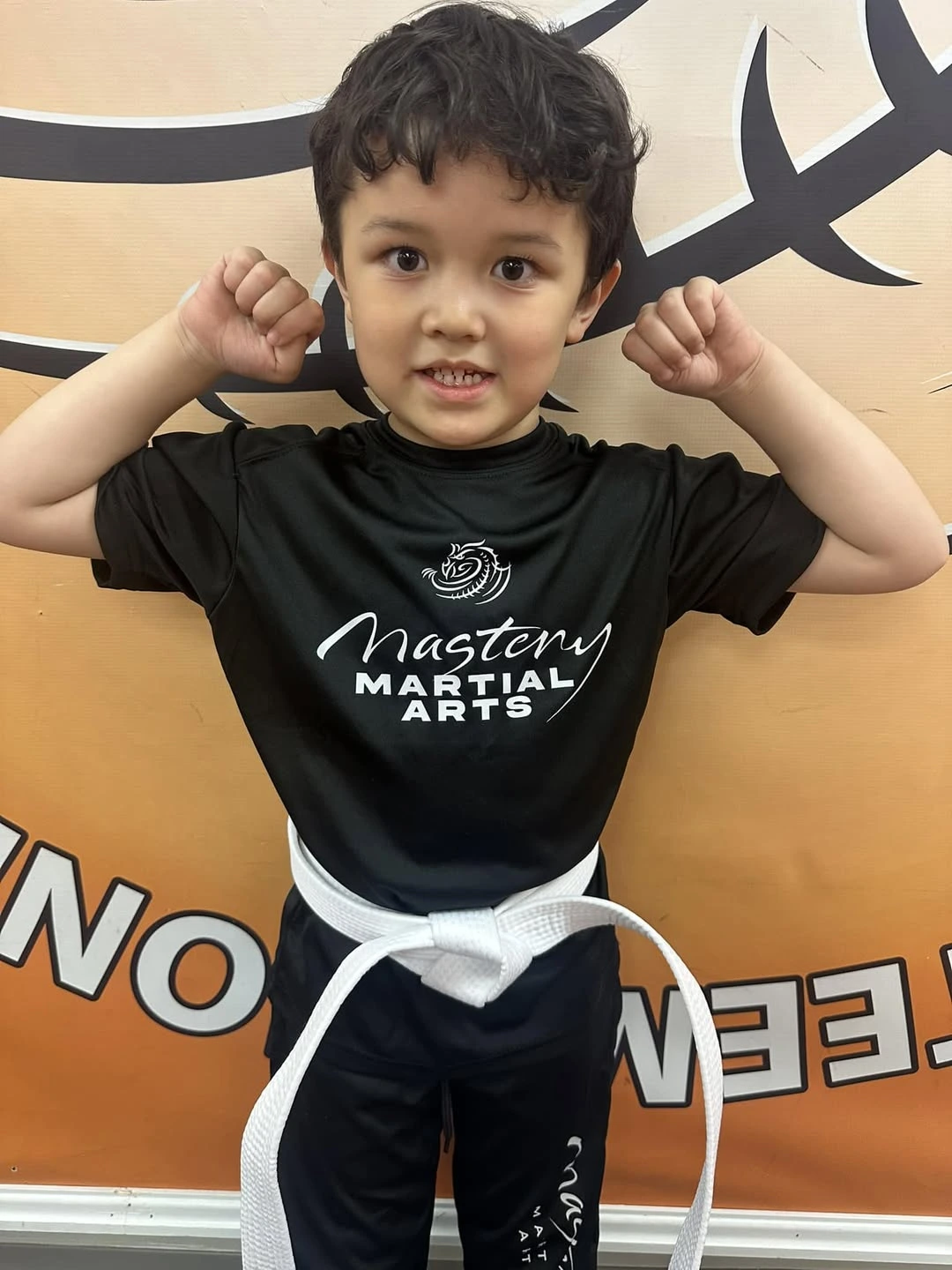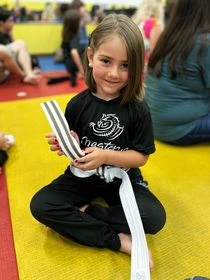Children’s self-defense classes go far beyond teaching kicks and blocks. They give your child a dynamic way to build confidence, sharpen social skills, and grow stronger both physically and mentally. In fact, a systematic review of 162 martial arts studies found improved fitness, coordination, and balance among children ages 4 to 13 who practiced regularly. If you’re looking for a safe and effective activity, self-defense training could be the ideal next step for your family.
Discover Why Self-Defense Matters
At the core of these programs is an emphasis on preparedness, not aggression. Your child learns to recognize potential dangers, maintain healthy boundaries, and respond calmly to conflict. In many classes, instructors highlight non-violent ways to defuse tense situations before physical moves become necessary. This approach helps your child feel safer at school and out in the community, knowing when to stand up firmly or when to walk away.
You’ll also see a focus on life lessons. Polls show that children who learn self-defense demonstrate improved discipline and self-control in and out of class. They follow instructions more effectively and become more attuned to their own behaviors—habits that benefit them at home, with friends, and even in the classroom.
Boost Fitness And Coordination
Beyond boosting self-awareness, self-defense training supports better physical development. Classes often blend fun drills with dynamic martial arts sequences, helping your child develop agility, flexibility, and overall strength. One study included in the research tracked 1,615 kids and reported significant gains in cardiorespiratory fitness, speed, and agility after regular martial arts sessions. Good news—this is easier than it sounds. Teaching children to stay active in a structured format can encourage a lifelong appreciation for exercise and well-being.
- Improved endurance: Kicks, punches, and footwork keep your child’s heart rate up.
- Stronger muscles: Repetitive drills help build hip, leg, and core strength.
- Better balance: Controlled movements train the body to shift weight effectively.
Kids who start building healthy exercise habits early are more likely to remain active into adulthood. Plus, you might notice fewer complaints about restlessness, because these classes offer a great way to channel extra energy.
Nurture Confidence And Conflict Skills
For many families, the biggest benefit of children’s self-defense classes is a boost in self-esteem. According to several reports, kids who practice martial arts see improvements in confidence after tackling new techniques and earning belt advancements. Your child can tackle bullies with less fear—knowing when to stand tall, be assertive, or seek help from a trusted adult.
Instructors also teach the difference between aggression and assertiveness. Children learn that physical engagement is a last resort, focusing on de-escalation first. They practice clear communication skills, which go hand in hand with self-control. So rather than promoting hostility, self-defense programs help your child build healthy conflict resolution habits while earning the respect of peers.
Pick The Right Program
Finding a welcoming environment is key. Many organizations offer specialized age brackets that cover different developmental stages. For instance, Mastery Martial Arts in Troy has programs from Little Dragons (ages 4 to 6) through Kids Karate (ages 7 to 9 and 10 to 12). These age-specific groups allow instructors to tailor techniques and lessons to each child’s physical and emotional readiness.
If you’re searching for something convenient, exploring kids karate classes near me can give you local options. Before you enroll, consider sitting in on a session. Talk with other parents and watch how the instructors interact with the children. Look for these signs of a solid class:
- Emphasis on safety and clear boundaries
- Experienced, patient instructors who model respect
- Fun, engaging drills that keep kids motivated
- Opportunities for personal growth and positive feedback
When you find a place that aligns with your goals, you’ll likely see your child’s excitement grow after just a few sessions.
Simple Next Steps
If you live near Troy, MI, Mastery Martial Arts offers kids martial arts classes that blend physical training with essential life skills. Your child will discover resilience, respect, and leadership foundations that last a lifetime. Whichever path you choose, these classes can lay the groundwork for stronger bodies, sharper minds, and boosted confidence.
Keep in mind that children’s self-defense classes should feel encouraging and safe—like a friendly teacher with practical guidance. By finding the right program and staying involved, you’ll watch your child stand a little taller, think a bit clearer, and smile more often. You’ve got this, and the data shows that even a short weekly class can set them on a healthier, braver path for years to come.





0 Comments